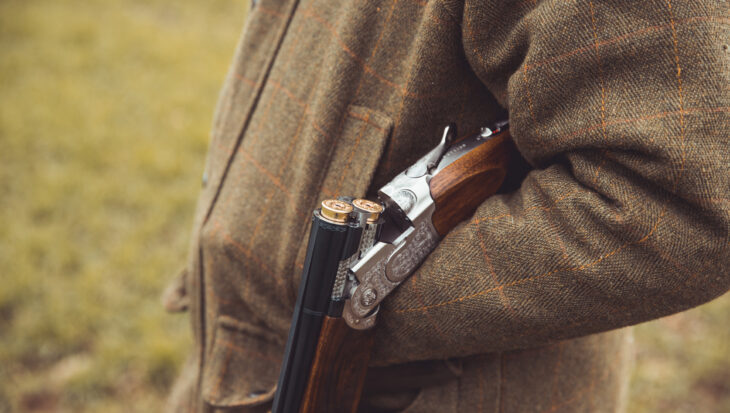Ban on the use of lead shot – finally!
Posted 10 Jul 2025

Posted on the 26th March 2013
Whilst reports in the media about the enduring cold weather and snow have largely focused on the impacts on people, we are just beginning to hear about the consequences for farmed animals.
As expected, the news is not good. Reports are coming in about thousands of sheep dying of exposure in the freezing conditions, including newborn lambs. Many more are having to be dug out of the snow. Other animals are facing starvation as they cannot get to the grass under the snow and farmers are unable to reach them with feed.
Whilst this may sound like an unfortunate consequence of extreme and unseasonal weather, farming practices are playing a large part in this on-going tragedy. Wild animals move to find shelter and food under such conditions, but farmed animals are prevented from doing so by fences, walls and gates. Over-stocking of fields also means that what little food may be available is having to be shared between too many animals. But the problems experienced by outdoor-reared farmed animals are not limited to winter. In the summer, too, animals experience over-heating, dehydration, sun-burn and heat blisters.
Many people are aware of the appalling welfare implications of factory farming operations, such as zero-grazing units and broiler sheds, but this current crisis shows that free-range farming, which is heavily subsidised by the tax-payer, also leads to appalling animal suffering. The only way to ensure that your food is truly cruelty free is to adopt a 100 percent plant-based diet.
Order a FREE guide to going veganPosted 10 Jul 2025

Temperatures are rising and it’s time to get outdoors, enjoy the weather and tuck into some delicious vegan food! Thanks to an abundance of plant-based options now available, there’s an alfresco option for every tastebud...
Posted 09 Jul 2025
